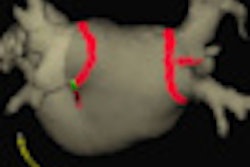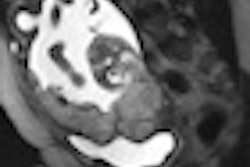Dear MRI Insider,
If you've got MRI on the brain, you've come to the right place for this edition of the MRI Insider. We're offering a look at study results from the University of Pittsburgh, where researchers discovered that MRI detected changes in certain brain regions in people playing video games.
Although it may not sound like earth-shattering news, the significance is that the functional information obtained from the striatum and hippocampus eventually may lead to individualized training and rehabilitative exercises for both healthy individuals and neurologically impaired patients. Read more about this Insider Exclusive by clicking here.
Speaking of MRI and brain imaging, a study in this month's Archives of General Psychiatry found that exercise prompts an increase in hippocampal brain volume in patients with schizophrenia and in healthy people. The conclusions suggest that the brain retains some plasticity or ability to adapt, even in people with psychotic disorders, and short-term memory could be improved.
Also in this issue, results of a new clinical study indicate 3-tesla MRI is as effective as MR arthrography in detecting acetabular labral tears in the hip, saving patients an unnecessary procedure and potential complications from an arthrogram.
And researchers at Ohio State University have developed a software application to semiautomatically process MR images of the knee with the same -- and, in some cases, better -- accuracy as radiologists in one-fourth the time.
To stay informed on the latest developments and research in MRI, visit the MRI Digital Community on a daily basis, and be sure to follow news on AuntMinnie.com from the European Congress of Radiology in Vienna in March.




















